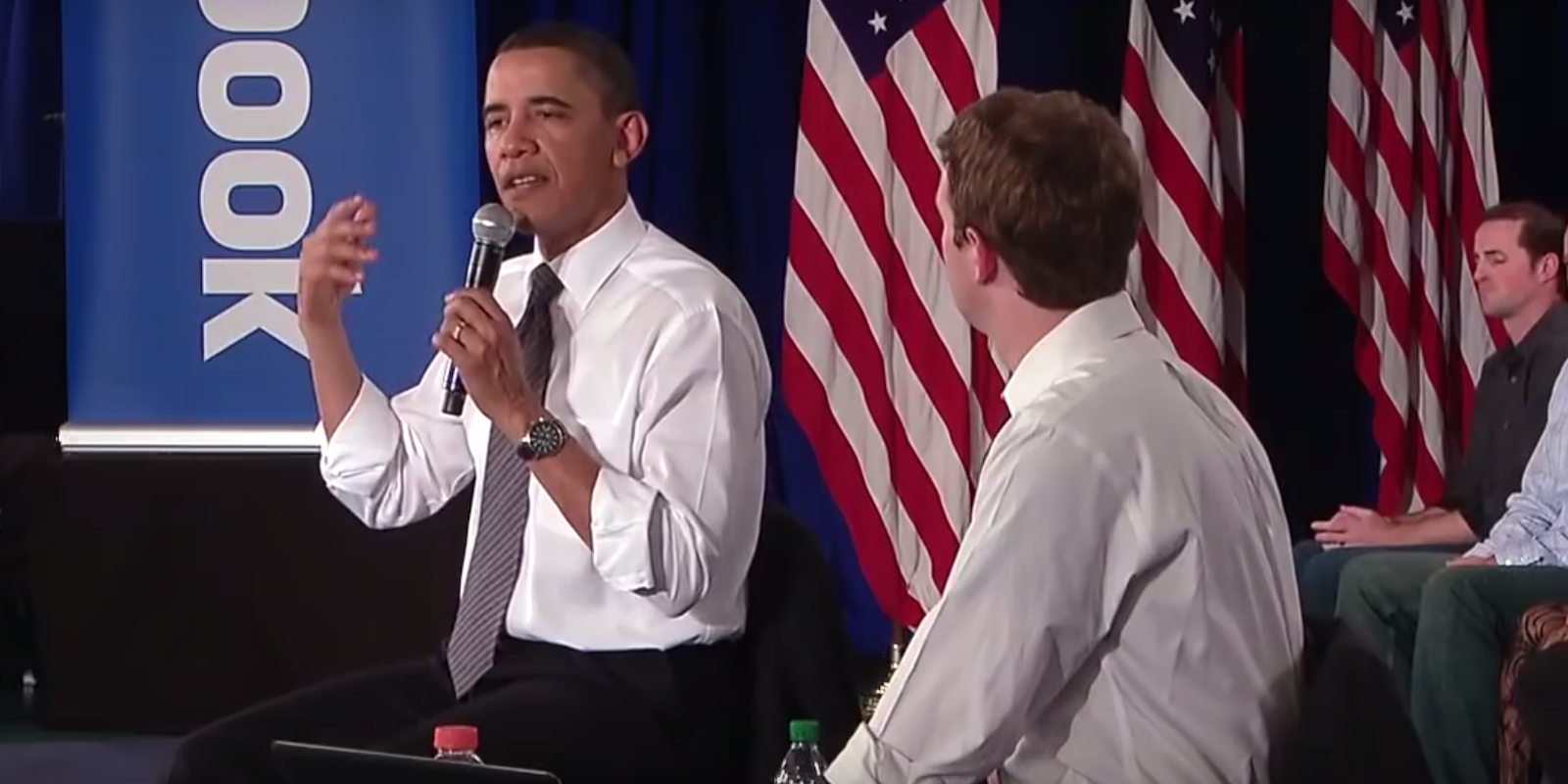Just weeks after the 2016 presidential election, then-President Obama pulled Mark Zuckerberg aside to alert him about the risks of spreading fake news.
The Washington Post revealed the two were “huddled” in a private room in Lima, Peru, a few months before Trump’s inauguration, when Obama warned Zuck that if Facebook didn’t address the threat of fake news it would get worse in the next election. He asked the CEO, who nine days earlier said it was a “crazy idea” to think Facebook influenced the election, to take the threat of fake news seriously.
But Zuckerberg reportedly told the former president that fake news wasn’t widespread on his platform and that it wouldn’t be an easy thing to fix.
Facebook has since launched a number of updates to curb the spread of misinformation. However, it still hasn’t admitted its role in influencing the result of the 2016 election. The social giant only recently revealed it sold $100,000 of ads to fake accounts in Russia. In a statement, Facebook said it found “roughly 3,000” ads connected to 470 inauthentic accounts and pages it believes were “affiliated with one another and likely operated out of Russia.”
Earlier this week, Mark Zuckerberg outlined methods to combat fake news, including working directly with the U.S. government, continuing to investigate the 2016 election, and sharing threats with other tech companies.
“We are committed to rising to the occasion. Our sophistication in handling these threats is growing and improving quickly. We will continue working with the government to understand the full extent of Russian interference,” Zuckerberg said.
H/T Fast Company


